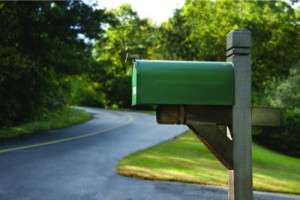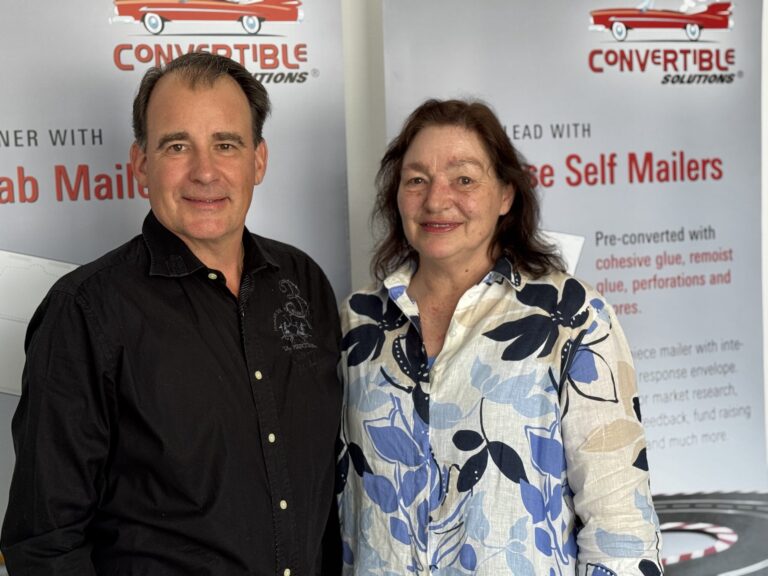
A Brighter Future with Mail
 Postage rates do have a silver lining: Direct mail is not only effective, it has a positive impact on our environment.
Postage rates do have a silver lining: Direct mail is not only effective, it has a positive impact on our environment.
When you produce 1:1 print marketing, you are practicing environmental responsibility by reducing unnecessary postal waste, keeping your database up to date, and reducing the number of unnecessary pages that get delivered. But if you’re using the United States Postal Service (USPS), you’re supporting the environment in other ways, as well.
Here are 5 surprising facts that most people don’t know about the USPS:
USPS is the only shipping company in the world to have earned Cradle to Cradle Certification (CCC).
Priority Mail and Express Mail supplies, ReadyPost boxes, envelopes, and labels are all Cradle to Cradle Certified and environmentally responsible.
Since 2005, the USPS has purchased 13,384 alternative fuel vehicles (AFVs).
This represents more than half of its total vehicle acquisitions. In 2013, the USPS’s investment in AFVs was 325% higher than required.
The USPS is on track to increase alternative fuel use 10% annually.
Most of its AFVs are Ethanol 85, a domestically produced corn-based fuel. This helps keep jobs in the United States.
Among the USPS’s fleet are:
three-wheeled electric vehicles with zero gas emissions that operate at a cost of only 2 cents a mile, as well as vehicles that can operate on compressed natural gas, propane, ethanol, and fuel cells. The USPS has 30 large all-electric trucks delivering mail in Manhattan.
The USPS has 10,000 recycling bins in lobbies around the country.
By making it easy for customers to recycle their P.O. Box mail, the USPS recycled 225,000 tons of paper, plastics, and other waste in 2009 alone, preventing more than 700,000 metric tons of greenhouse gas emissions.
Does this change the way you think about the United States Postal Service? It should. These are facts that few people know.
While these investments are necessary to maintain a meaningful commitment to the environment, they don’t come cheap. Paying for alternative fuel vehicles, Cradle to Cradle Certifications, and recycling programs costs money. That’s part of what your postal rates pay for. So when your postage goes up, remember the silver lining. It’s part of your way of supporting the environment!







